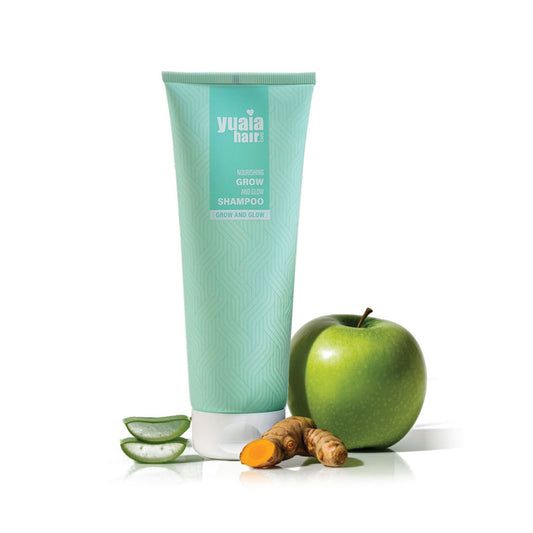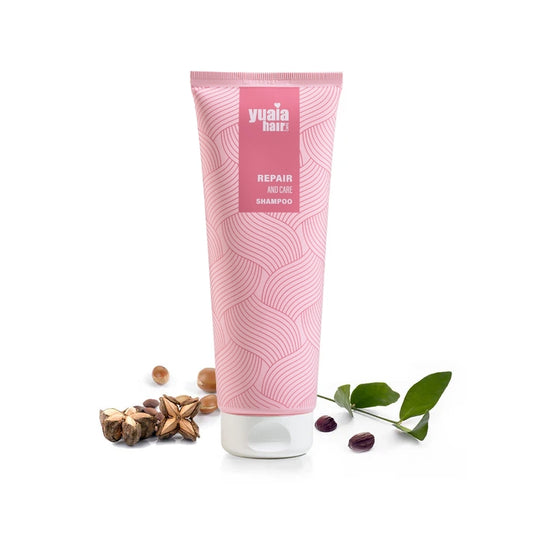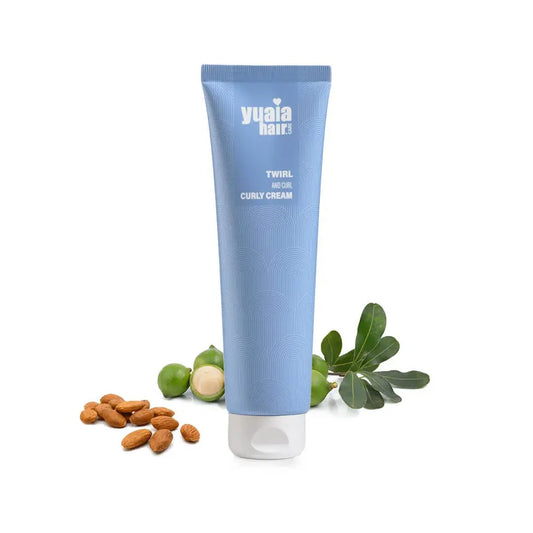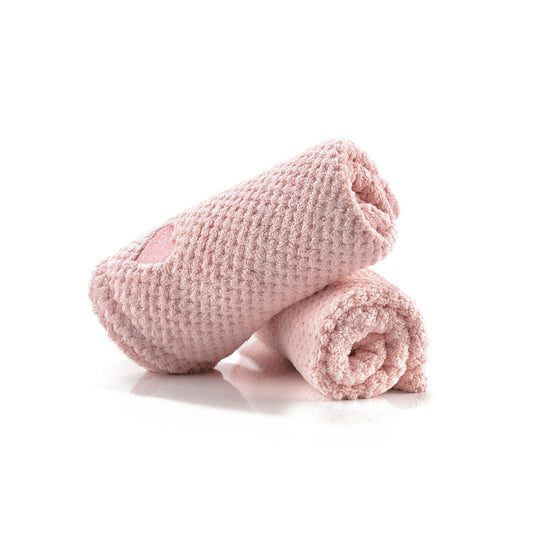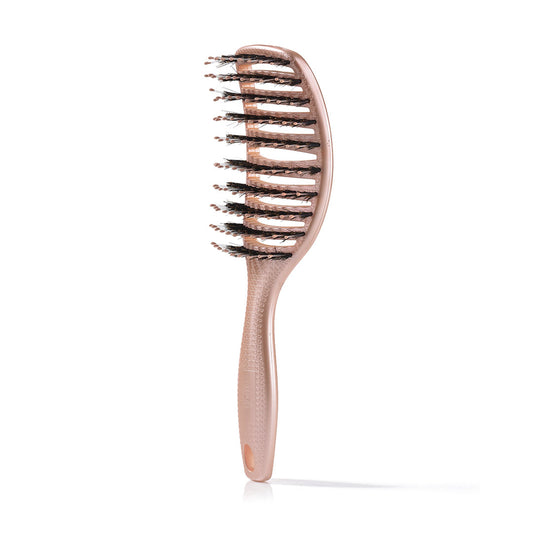
Who should avoid sulfates?
Sulfates, while effective at cleansing, are not ideal for everyone. Individuals with certain hair types or conditions may find that these ingredients cause more harm than good. Understanding who should avoid sulfates can help in making informed decisions about hair care.
Sensitive scalp issues
For those with sensitive scalps, sulfates can exacerbate irritation. The cleansing agents in sulfates can sometimes lead to itching, redness, and inflammation, which can be uncomfortable and even painful. If you experience these symptoms, it might be worth considering sulfate-free alternatives to help soothe and protect your scalp.
Hair type considerations
People with curly, color-treated, or damaged hair should be particularly cautious about using sulfate-laden products. Sulfates can strip away the natural oils that are essential for maintaining moisture and elasticity, leading to increased dryness and frizz. For curly hair, this can mean losing the natural curl pattern and definition. Color-treated hair may experience faster fading, diminishing the vibrancy and longevity of the dye.
Our Twirl and Curl curly cream is designed specifically for curly hair, helping to define curls while minimizing frizz without the harshness of sulfates.
Common myths debunked
A prevalent myth is that sulfates are directly responsible for hair loss. While sulfates can contribute to a dry and irritated scalp, which may indirectly lead to hair breakage, they are not a direct cause of hair loss. Understanding this distinction can help alleviate unnecessary concerns and focus on choosing the right products for maintaining hair health.
Transitioning to sulfate-free hair care
Switching to sulfate-free shampoos can be a significant change for those accustomed to the rich lather and deep cleansing provided by traditional sulfate-based products. However, the benefits of making this shift can be substantial, particularly for those with sensitive, curly, or color-treated hair. Here are some tips to help ease the transition and maximize the benefits of sulfate-free hair care.
How to make the switch
When transitioning to sulfate-free shampoos, it's important to manage expectations. Sulfate-free formulas may not lather as much as traditional shampoos, but they are still effective at cleansing. Start by gradually introducing the sulfate-free shampoo into your routine, perhaps alternating with your current shampoo to allow your hair and scalp time to adjust. Over time, you may find that your hair feels healthier and more manageable.
Addressing common concerns
One common concern about sulfate-free shampoos is whether they can effectively clean the hair. Rest assured, these shampoos are made to cleanse without stripping the hair of its natural oils. Additionally, sulfate-free products can help maintain moisture, reduce frizz, and preserve hair color, making them ideal for those with specific hair care needs.
Frequently asked questions
Are sulfates bad for all hair types?
Sulfates are not necessarily bad for all hair types, but they can have varying effects depending on the individual's hair condition. Those with curly, dry, or color-treated hair may experience more adverse effects, such as dryness and color fading, whereas others might not notice significant issues. It's important to consider your hair type and needs when deciding whether to use sulfate-based products.
Do sulfates cause hair loss?
Sulfates do not directly cause hair loss. However, they can contribute to a dry and irritated scalp, which may lead to hair breakage over time. It's essential to differentiate between hair loss and breakage when considering the impact of sulfates on hair health.
What are the benefits of sulfate-free shampoo?
Sulfate-free shampoos offer several benefits, including moisture retention, reduced scalp irritation, and better color preservation for dyed hair. These shampoos are particularly beneficial for those with sensitive scalps or specific hair care needs, as they provide a gentler cleansing experience.
Practical tips for healthy hair maintenance
Maintaining healthy hair goes beyond choosing the right shampoo. Consider using a microfiber towel for gentle drying, as it helps reduce frizz and breakage compared to regular towels. You can find a quality option in our microfiber towel. Additionally, proper brushing techniques can enhance hair health. Our Curvy Brush with boar bristles is a great tool for distributing natural oils and reducing breakage.
 2-4 day UK delivery
2-4 day UK delivery
 25.000+ satisfied customers
25.000+ satisfied customers
 Satisfaction Guarantee
Satisfaction Guarantee



















